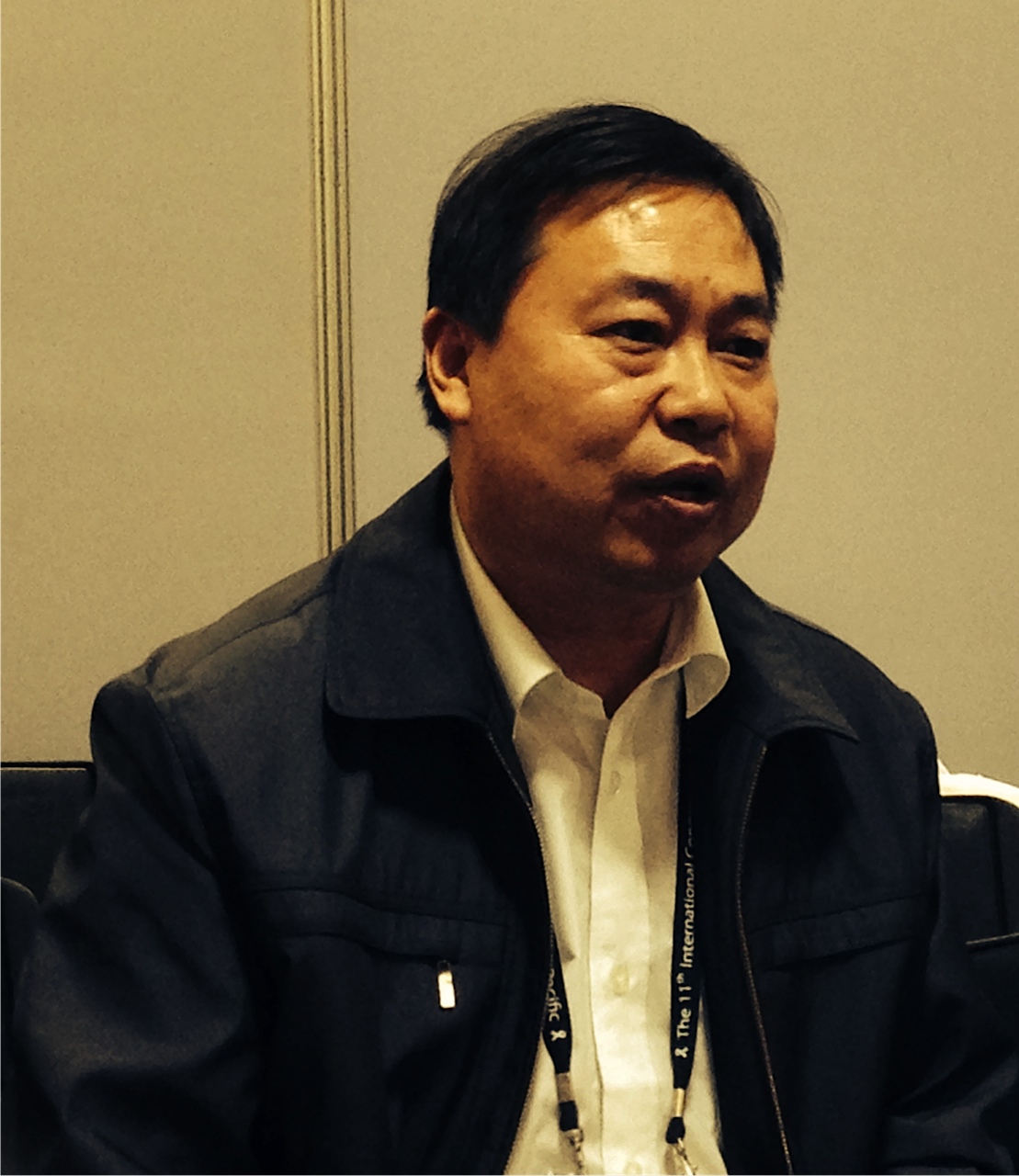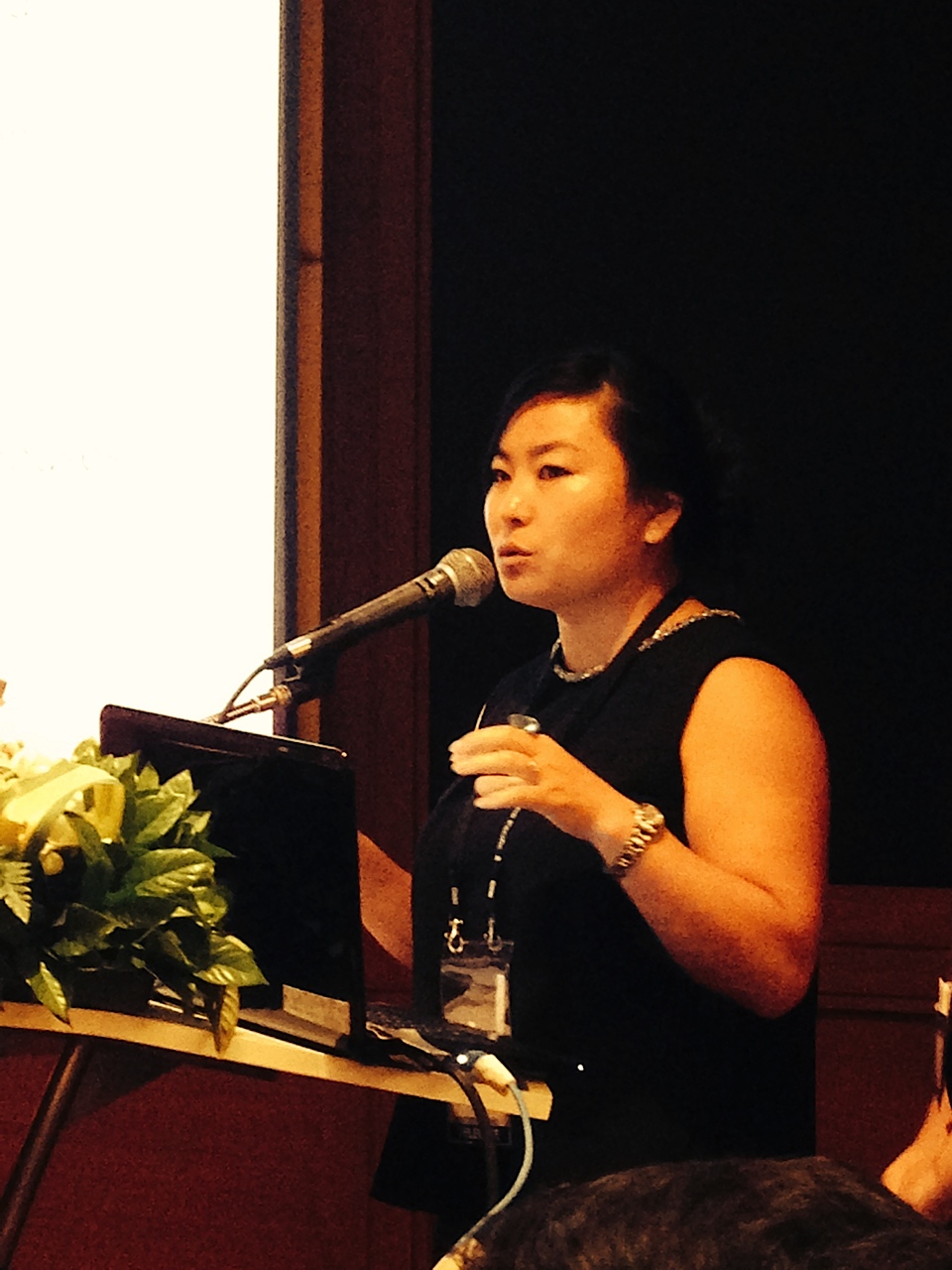Bangkok, November 20th 2013
A coalition of international organisations call for an end to medical discrimination against people living with HIV/AIDS (PLWHA). Governments and civil society organizations meeting in Bangkok, Thailand this week for the International Congress on AIDS in Asia and the Pacific (ICAAP) should prioritise education and services to eliminate discrimination in health care provision.
U.S based Asia Catalyst, the China HIV/AIDS Community-Based Organization Network (CBO Network), the Women’s Network Against HIV/AIDS China (WNAC), the National Federation of Women Living with HIV/AIDS, Nepal (NFWLHA), Healthy Options Project Skopje (HOPS), Macedonia, Youth LEAD, Thailand, Kenya AIDS NGOs Consortium, Fundación para Estudio e Investigación de la Mujer-FEIM, Argentina, and AIDS Healthcare Foundation, Mexico urge governments in Asia take actions to address medical discrimination against people living with HIV/AIDS (PLWHA) today.
“Across Asia, people living with HIV/AIDS experience widespread discrimination in all spheres of life,” said Tingting Shen, Advocacy Director for Asia Catalyst.”Medical discrimination is one of the key factors preventing PLWHA from accessing critical life-saving treatment.”
The CBO Network has documented cases in China in which hospitals refuse to provide surgery to PLWHA. WNAC has reported cases of positive pregnant women who were asked by their doctors to have an abortion.
“In China, there are laws and policies in place to protect PLWHA from discrimination, including the 2006 Regulation on HIV/AIDS Prevention and Control,” said Wang Baoyi, secretariat of the CBO Network. “But there has been little action or measures to ensure the implementation of these laws and policies.”
A 2009 survey conducted by UNAIDS, among more than 2000 PLWHA in China, found that 12% of interviewees reported discrimination in health care settings by health care providers. In Nepal, a 2011 survey conducted among 848 PLWHA found that 7.3 % of respondents had been denied health services, with an even higher proportion of sex workers and drug users also experiencing denial of health services. NFWLHA has collected cases of positive women experiencing discrimination to prevent them from receiving PMTCT (Prevention of mother to child transmission).
“Medical practitioners in Nepal have negative attitudes towards women living with HIV/AIDS, as they associate HIV with immoral behavior, ” said Rishu Shrestha, project officer at NFWLHA. “The government should ensure that women living with HIV/AIDS have access to life saving medical treatment without discrimination. ”
Across Asia People Living With HIV/AIDS are regularly turned away by hospitals when they are seeking medical services that address their health needs. Medical discrimination not only endangers the lives of PLWHA, it also violates their right to the highest attainable standard of health and increases stigma towards HIV/AIDS. This drives PLWHA, who are already marginalized, further underground to the point where they will not be willing to seek key HIV prevention, care and treatment services. This must change.
The coalition urged governments and other attendees at this year’s ICAAP to:
 Protect the equal rights of PLWHA for treatment by developing and implementing laws and policies that prevent discrimination;
Protect the equal rights of PLWHA for treatment by developing and implementing laws and policies that prevent discrimination;
 Fund programmes for medical practitioners to learn and disseminate knowledge of HIV/AIDS and standard precautions in health care settings to ensure that health care providers have appropriate protections when providing medical services;
Fund programmes for medical practitioners to learn and disseminate knowledge of HIV/AIDS and standard precautions in health care settings to ensure that health care providers have appropriate protections when providing medical services;
 Conduct education campaigns to the general public, to address ignorance and discrimination on HIV/AIDS.
Conduct education campaigns to the general public, to address ignorance and discrimination on HIV/AIDS.
For further information please contact:
Asia Catalyst, Advocacy Director- Shen Tingting (Chinese & English),+66 – 928108615 tshen@asiacatalyst.org
The China AIDS CBO Network, Secretariat -Wang Baoyi (Chinese), +66 – 908936816
NFWLHA, Project officer – Rishu Shrestha (Nepalese & English) , +977 – 9841489299
Download the full statement and view signatories here.
 In 2012, China AIDS Walk organized 20 fundraising and anti-discrimination events through partnerships with universities, the LGBT community, foreign embassies and gay social clubs. 45 fundraising teams were formed and 120 people from six countries participated in the Walk. Ten celebrities supported the event via video message, social media and direct participation. Pleasure Up and Durex provided funding, and four fundraising events were organized in Beijing bars. Approximately 3,400 individuals donated to China AIDS Walk and it received media attention in the Chinese and foreign press. Several foreign embassies, international organizations and community-based organizations actively supported CAW. Walkers raised 164,705 RMB (roughly $27,000 USD). Funds facilitated access to antiretroviral treatment for impoverished PLHA, and supported initiatives by a local HIV/AIDS community based organizations.
In 2012, China AIDS Walk organized 20 fundraising and anti-discrimination events through partnerships with universities, the LGBT community, foreign embassies and gay social clubs. 45 fundraising teams were formed and 120 people from six countries participated in the Walk. Ten celebrities supported the event via video message, social media and direct participation. Pleasure Up and Durex provided funding, and four fundraising events were organized in Beijing bars. Approximately 3,400 individuals donated to China AIDS Walk and it received media attention in the Chinese and foreign press. Several foreign embassies, international organizations and community-based organizations actively supported CAW. Walkers raised 164,705 RMB (roughly $27,000 USD). Funds facilitated access to antiretroviral treatment for impoverished PLHA, and supported initiatives by a local HIV/AIDS community based organizations.
 Wang Baoyi is the secretariat for the China HIV/AIDS Community-based Organization Network. The CBO network is the largest network of community based HIV/AIDS organizations in China and counts among its members organizations of sex workers, men who have sex with men, and people living with HIV/AIDS and hemophilia. In China, discrimination in health care setting has become one of the major barriers that prevent People living with HIV/AIDS from accessing universal, life-saving medical service.
Wang Baoyi is the secretariat for the China HIV/AIDS Community-based Organization Network. The CBO network is the largest network of community based HIV/AIDS organizations in China and counts among its members organizations of sex workers, men who have sex with men, and people living with HIV/AIDS and hemophilia. In China, discrimination in health care setting has become one of the major barriers that prevent People living with HIV/AIDS from accessing universal, life-saving medical service.

 Founded in 2008 to work toward the decriminalization of the sex trade, and prevent violence and discrimination against sex workers, the organization, also provides violence prevention training, training in persuading customers to use condoms, health, legal and human rights training, HIV/STI blood testing, and medical referrals.
Founded in 2008 to work toward the decriminalization of the sex trade, and prevent violence and discrimination against sex workers, the organization, also provides violence prevention training, training in persuading customers to use condoms, health, legal and human rights training, HIV/STI blood testing, and medical referrals.


